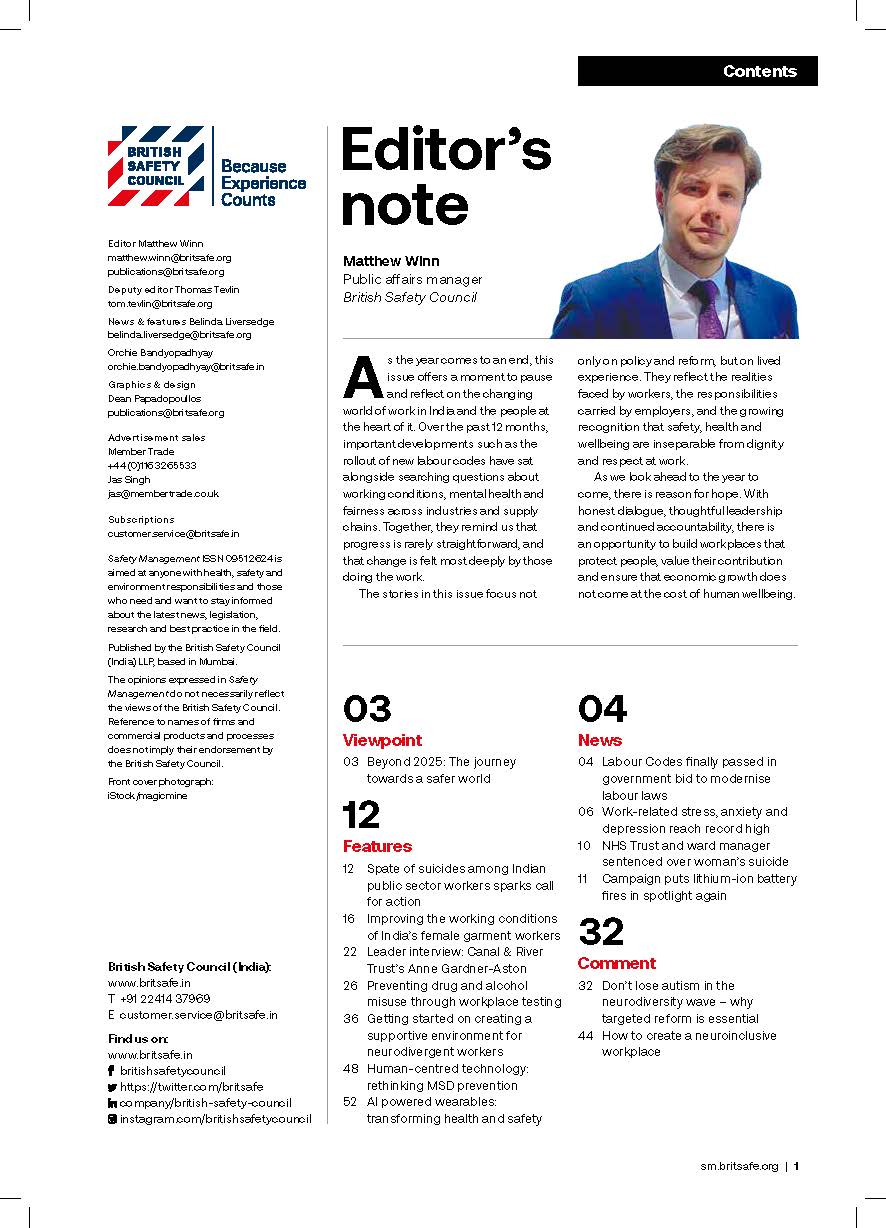The number of fires linked to lithium-ion batteries in the UK increased by 46 per cent in 2023, compared with the previous year, new research from business insurer QBE has shown.
News
Fires caused by lithium-ion batteries up 46% last year
Batteries that power electric vehicles such as e-bikes, e-scooters and electric cars were responsible for almost three fires a day across the UK last year, according to data collected by QBE from freedom of information requests sent to UK fire services. QBE said it sent FOI requests to 50 fire services in January, 42 of which had responded with data as of 17 May.
 One-third of the 921 fires linked to lithium-ion batteries last year involved e-bikes. Photograph: iStock/MixMedia
One-third of the 921 fires linked to lithium-ion batteries last year involved e-bikes. Photograph: iStock/MixMedia
The data showed that fire services attended 921 fires linked to lithium-ion batteries last year – almost a third of which involved e-bikes. Electric scooters were linked to 125 fires, while electric cars were linked to 118. The biggest year-on-year jump in the number of lithium-ion-related fires involved electric trucks, which were linked to 12 fires – a 300 per cent increase on the previous year, although QBE noted that only seven fire services were able to report on incidents involving e-trucks.
QBE is calling for more education on preventing and safely dealing with fires caused by lithium-ion batteries, noting that they “burn differently from normal fires” and can cause “explosive fire incidents”, which can cause injury and death.
“We welcome the adoption of electric vehicles. To help with a safer rollout, we are calling for more support for fire services to help improve education in dealing with the new risk profile,” said Adrian Simmonds, practice leader for property risk solutions at QBE Insurance. “The UK Government needs to impose more stringent safety requirements to reduce fire frequency. Increasing awareness of proper maintenance, storage and disposal of lithium-ion batteries is paramount to protecting people and property.”
Earlier this year, British Safety Council published an introductory guide for employers on managing the risks from lithium-ion batteries, having recognised the challenges posed by storing and charging e-bikes and e-scooters in the workplace.
Phil Pinnington, head of audit and consultancy at British Safety Council, wrote in Safety Management in February about the importance of using the manufacturer-approved charger for the product and replacing it when signs of wear and tear appeared. He also warned about the dangers of overloading sockets with chargers, and suggested that e-bikes and e-scooters should not be stored or charged on escape routes or in communal areas of buildings.
NEWS

Campaigners welcome work-related road safety charter in strategy to reduce road deaths
By on 15 January 2026
Employment rights bill passes into law, bringing 'work into the 21st century'
By on 24 December 2025



